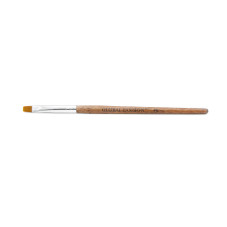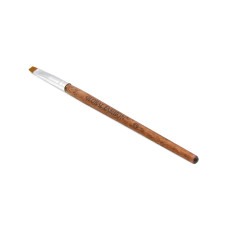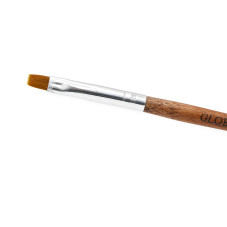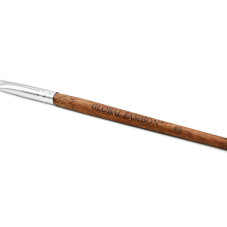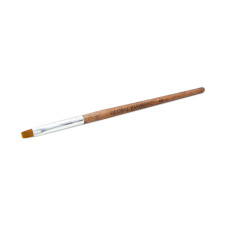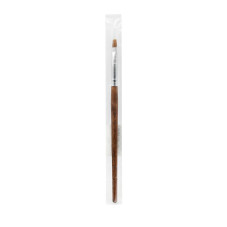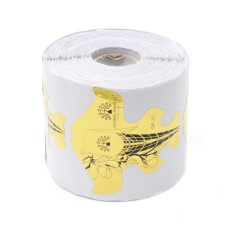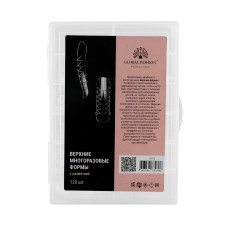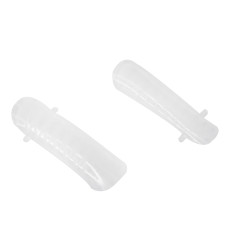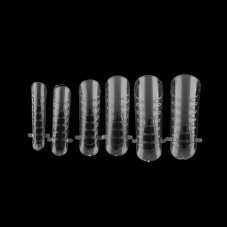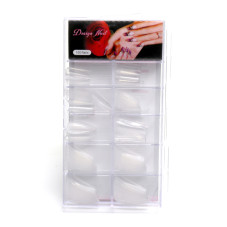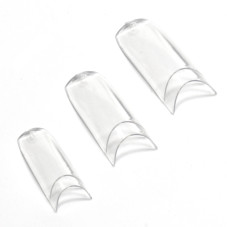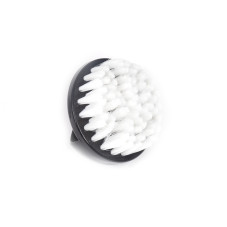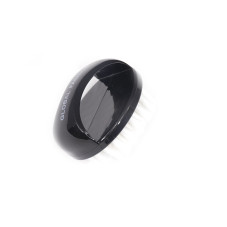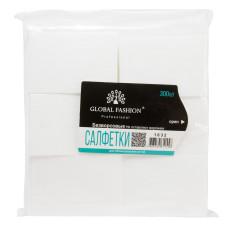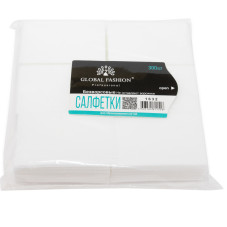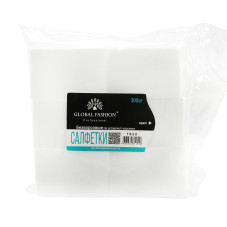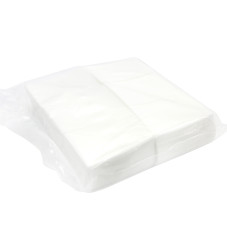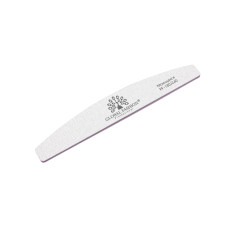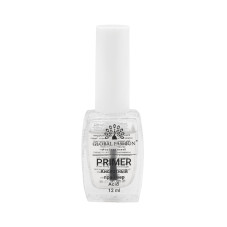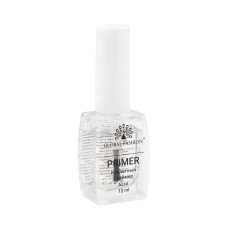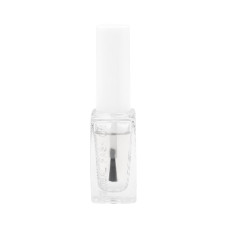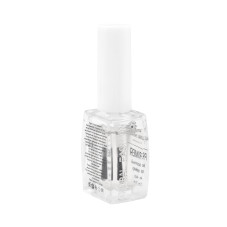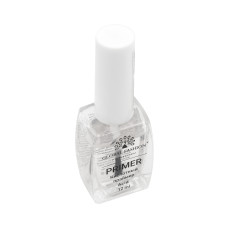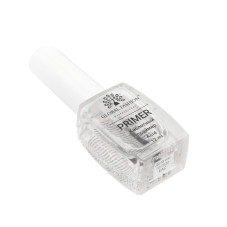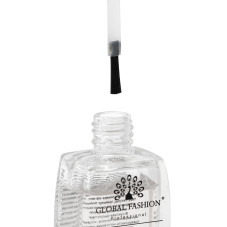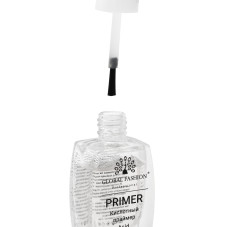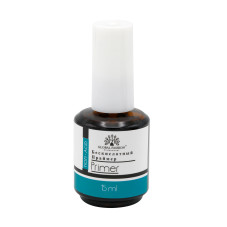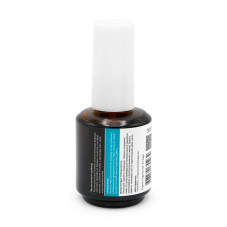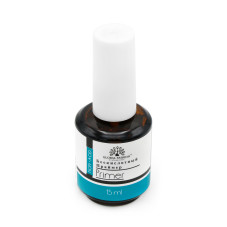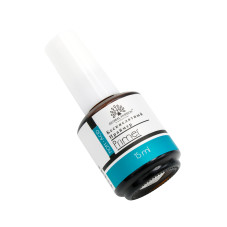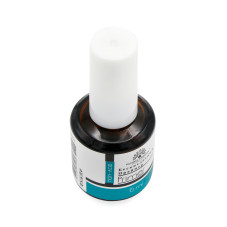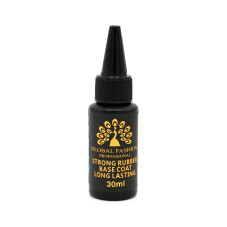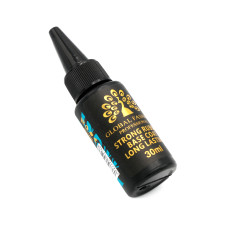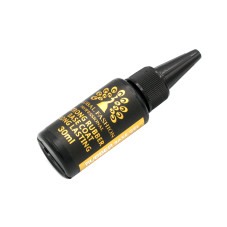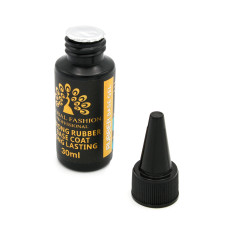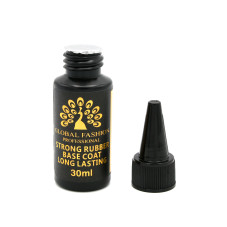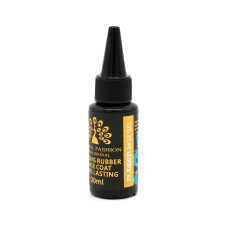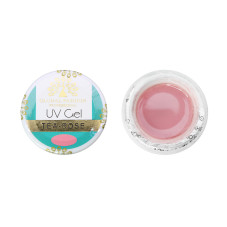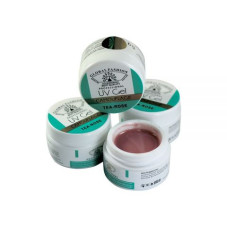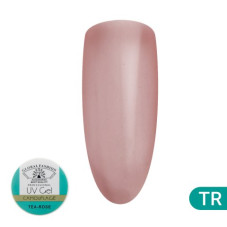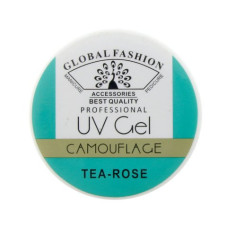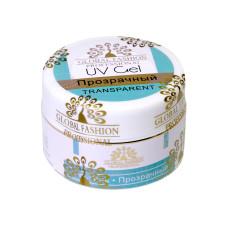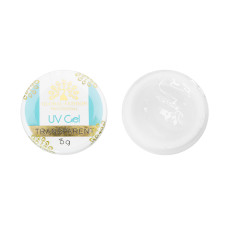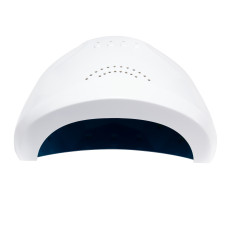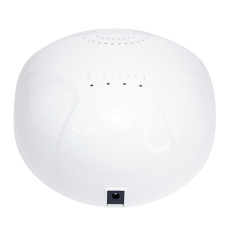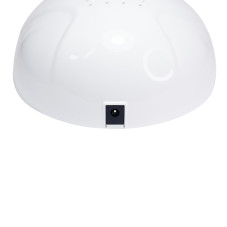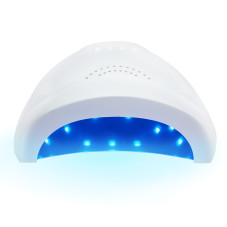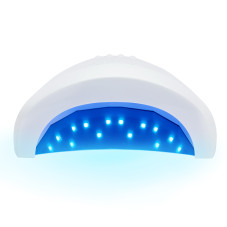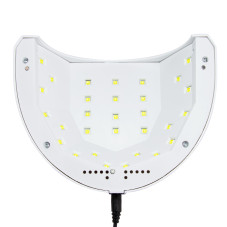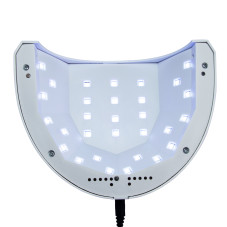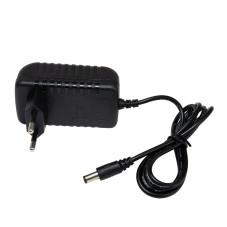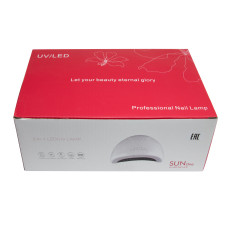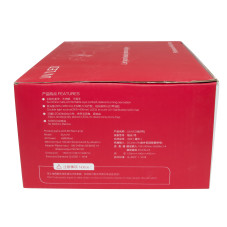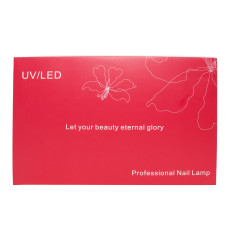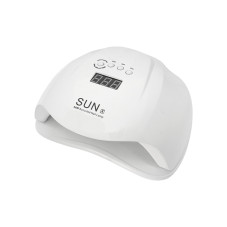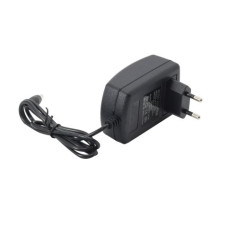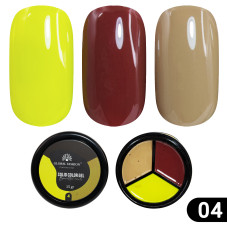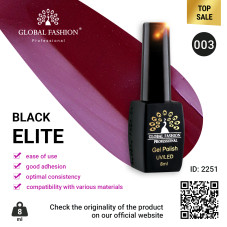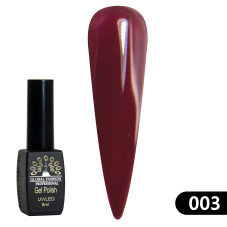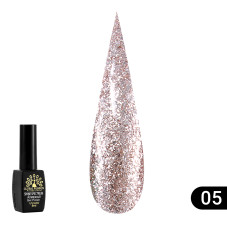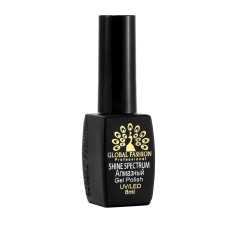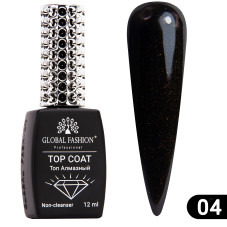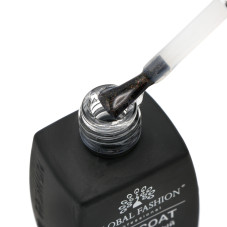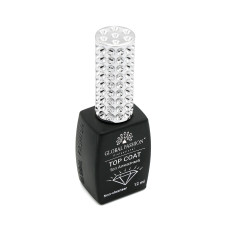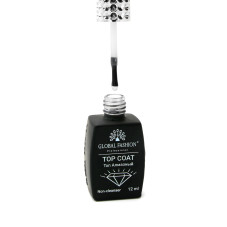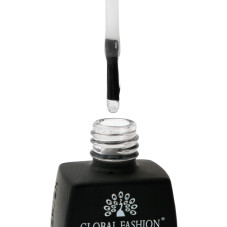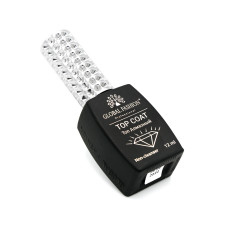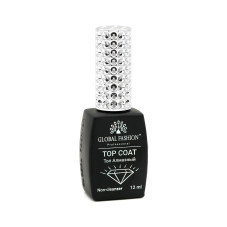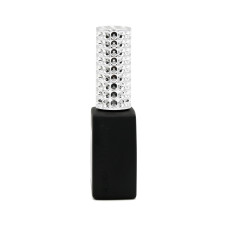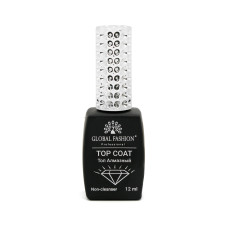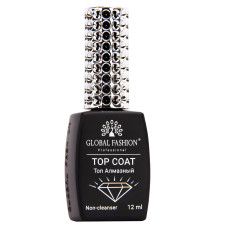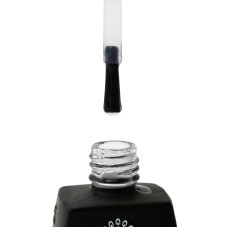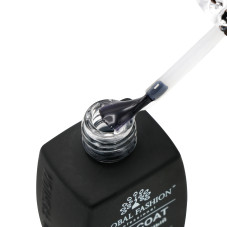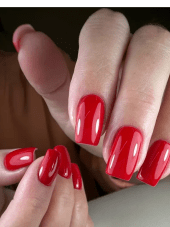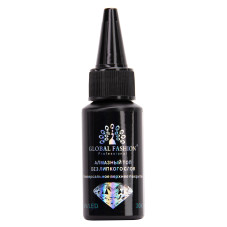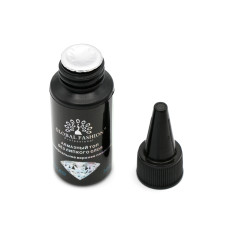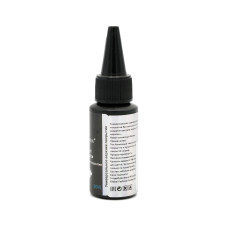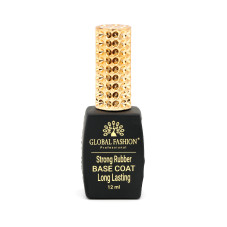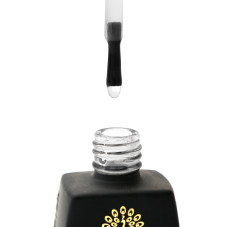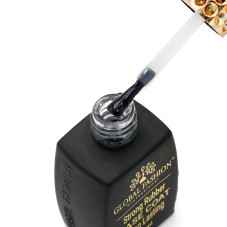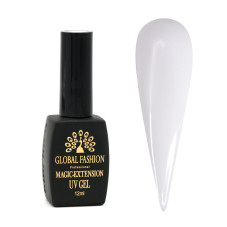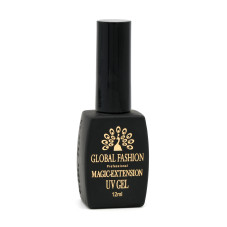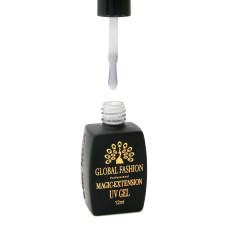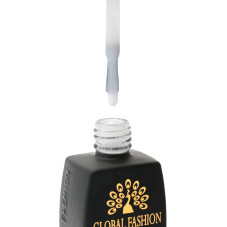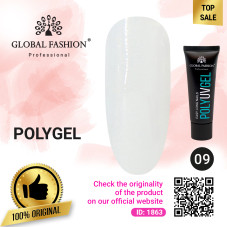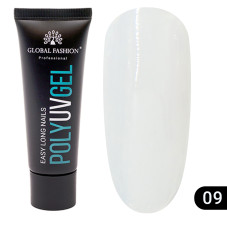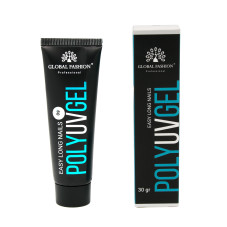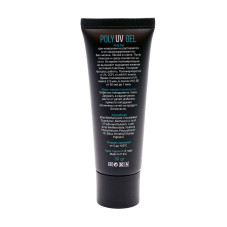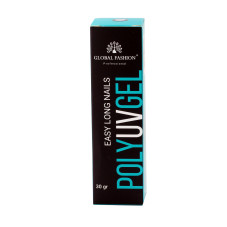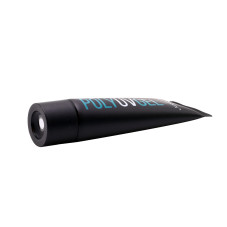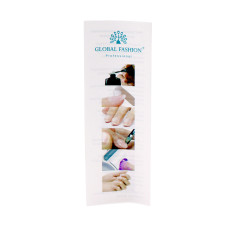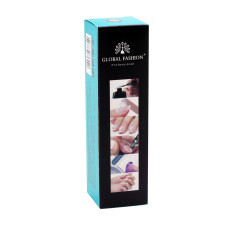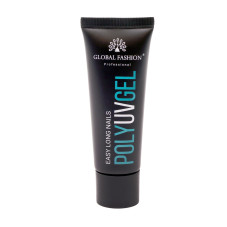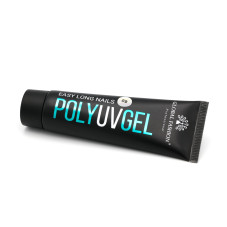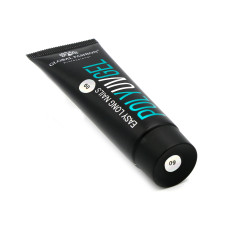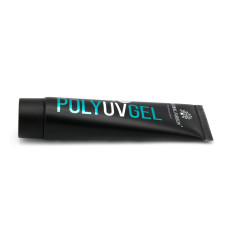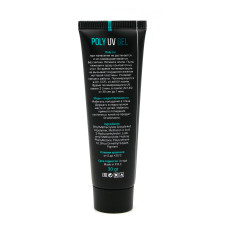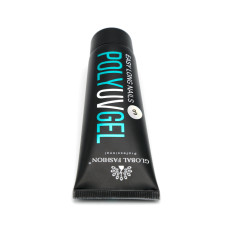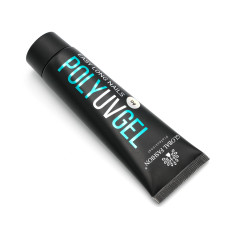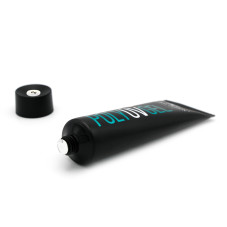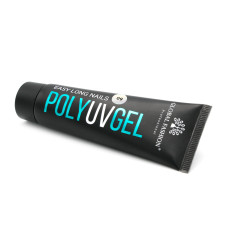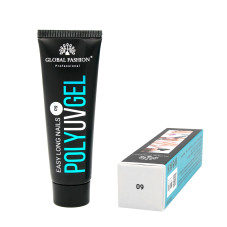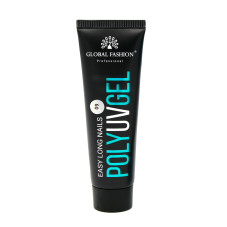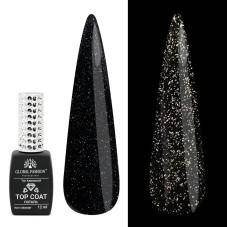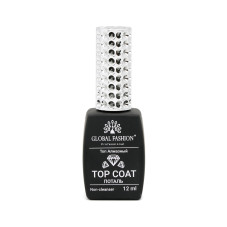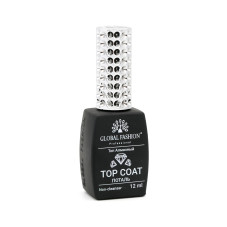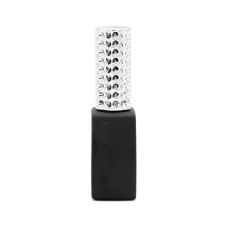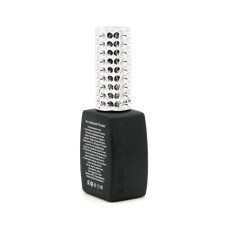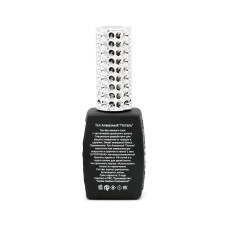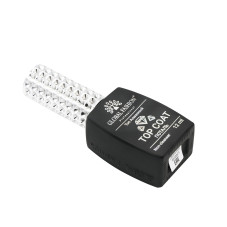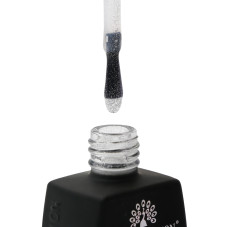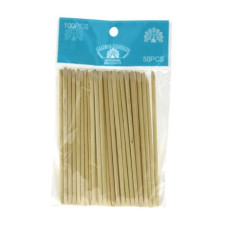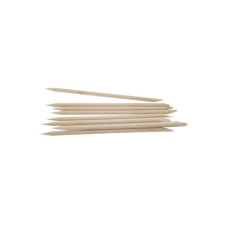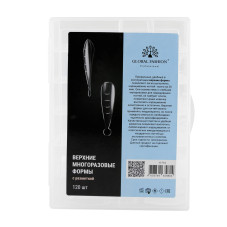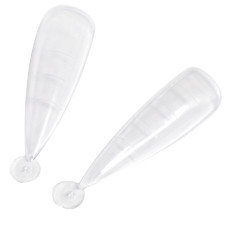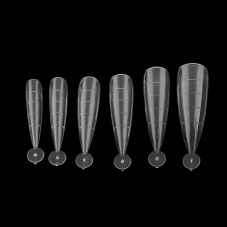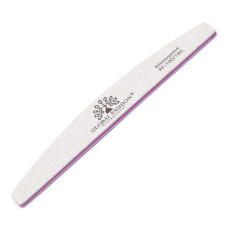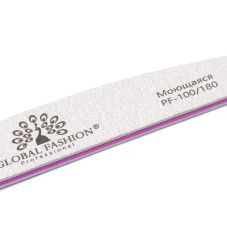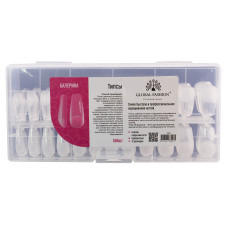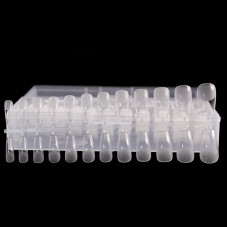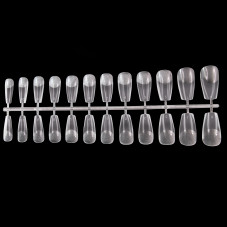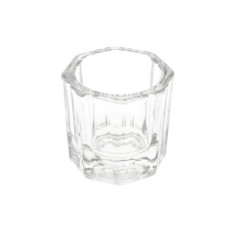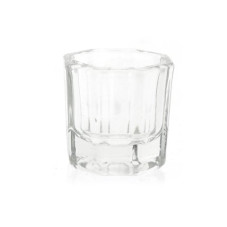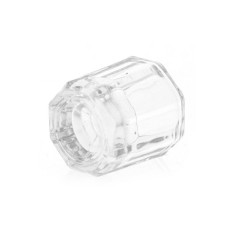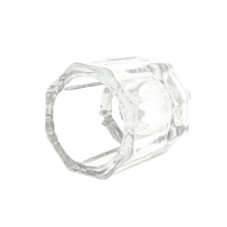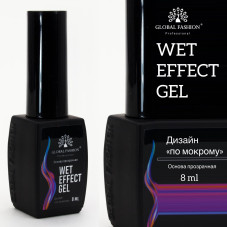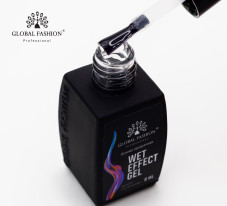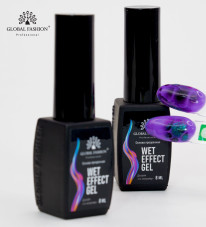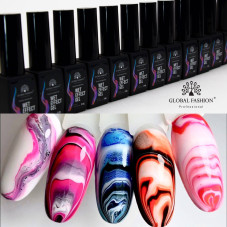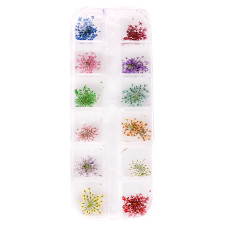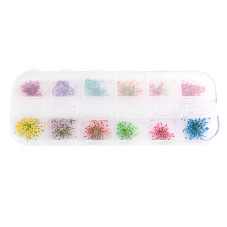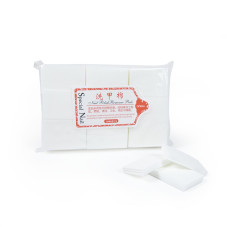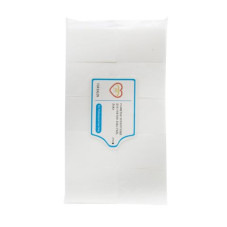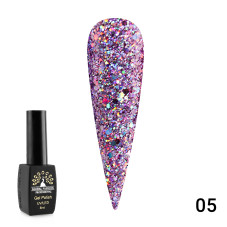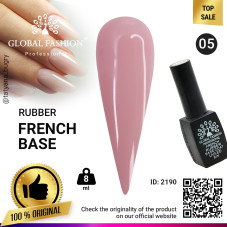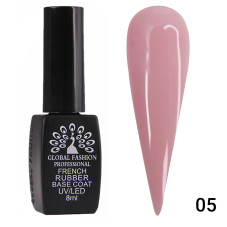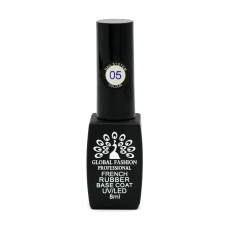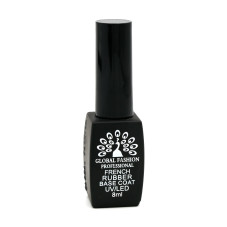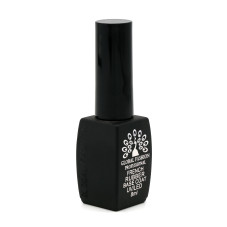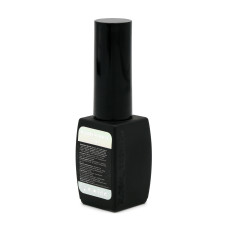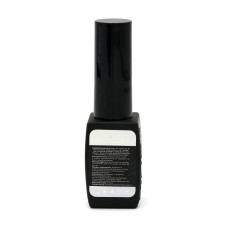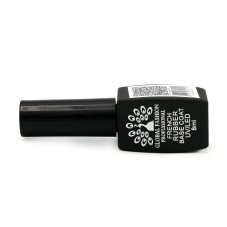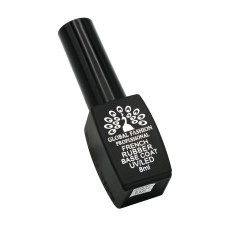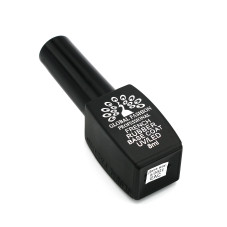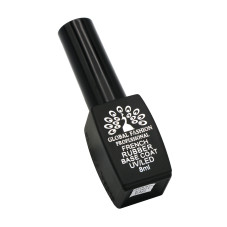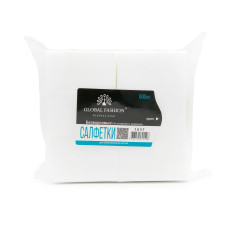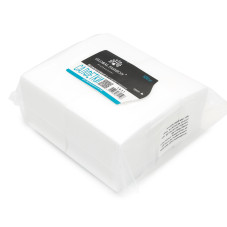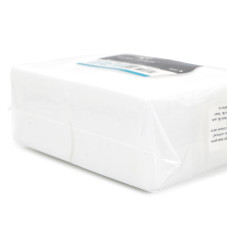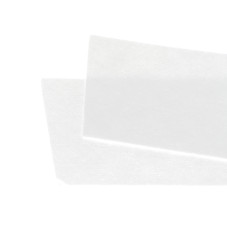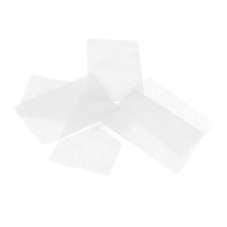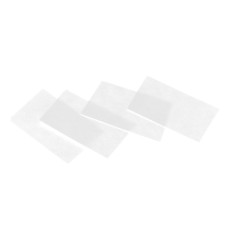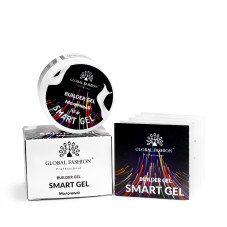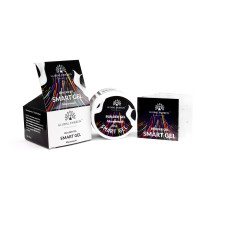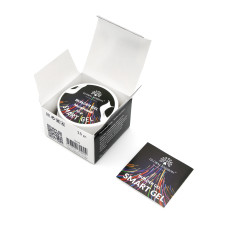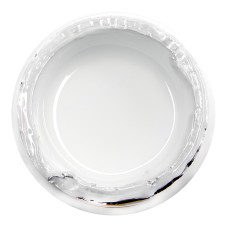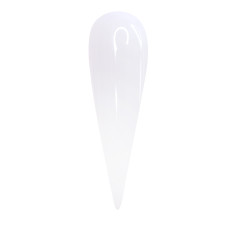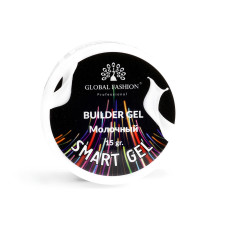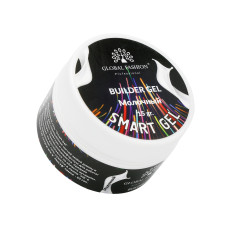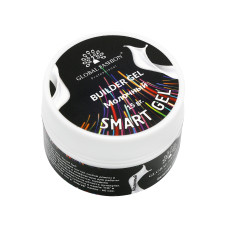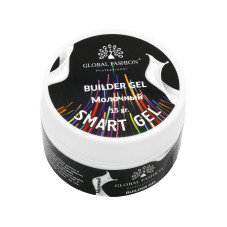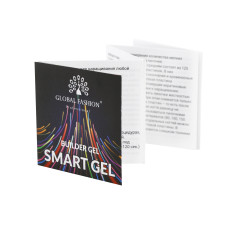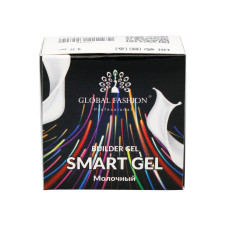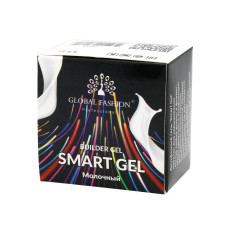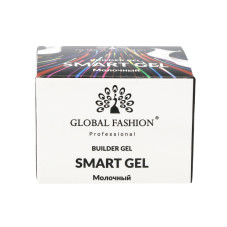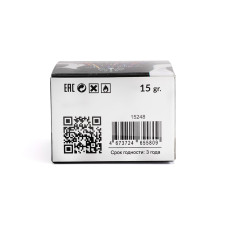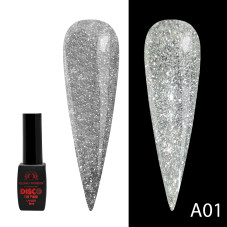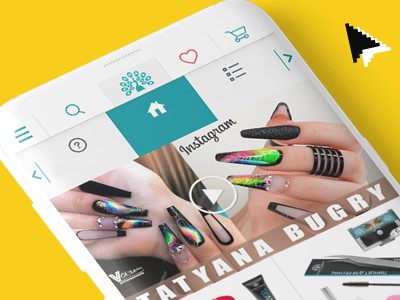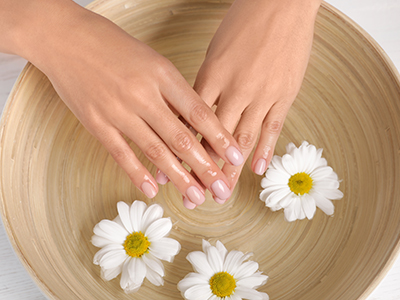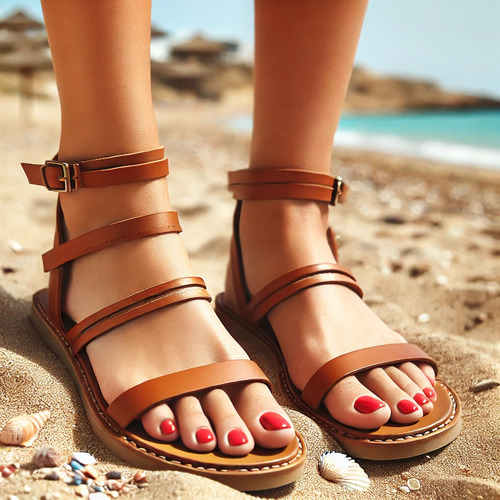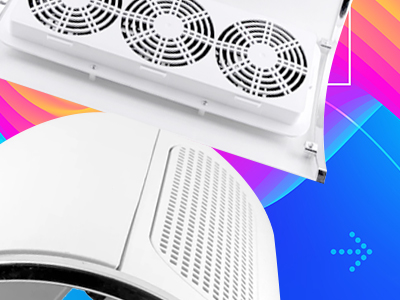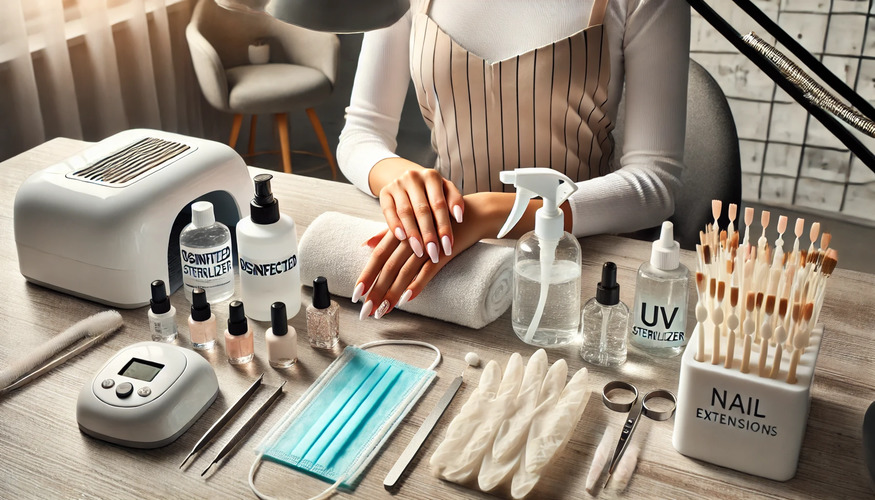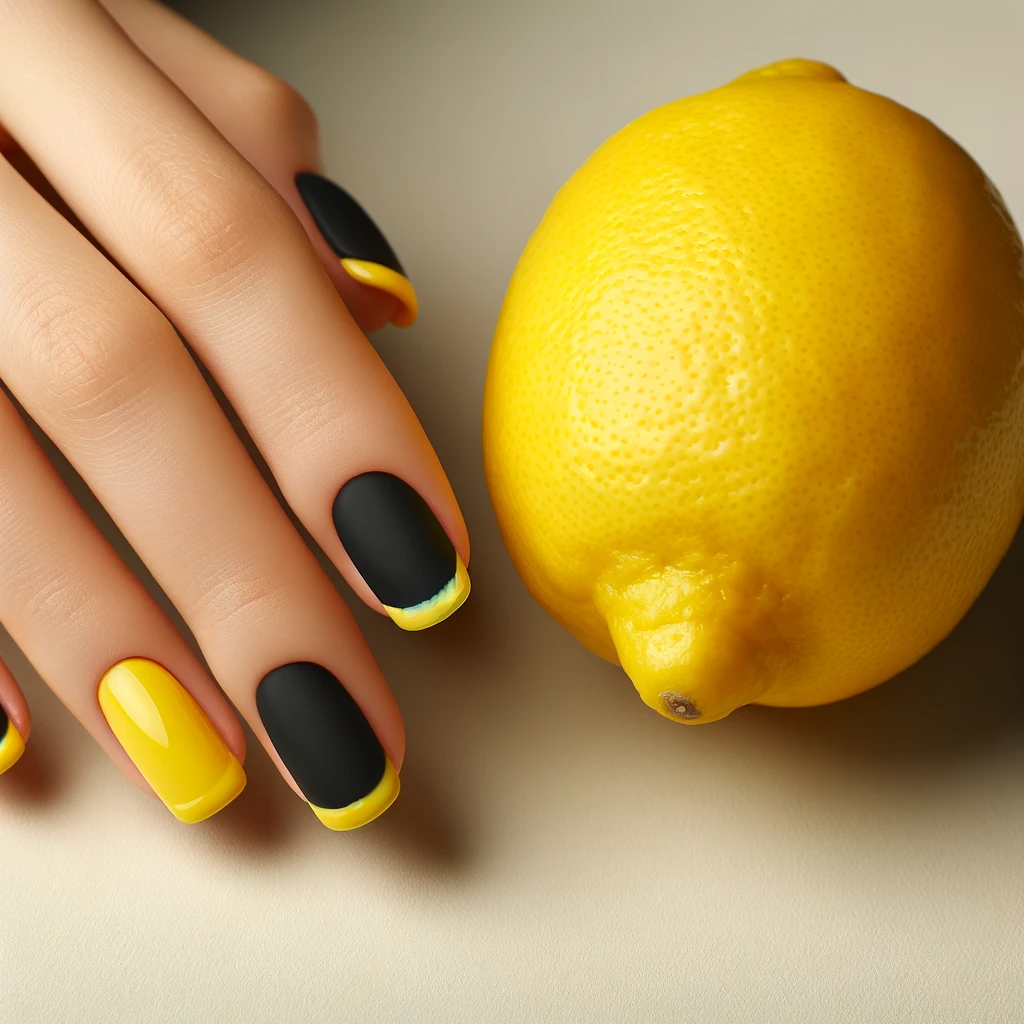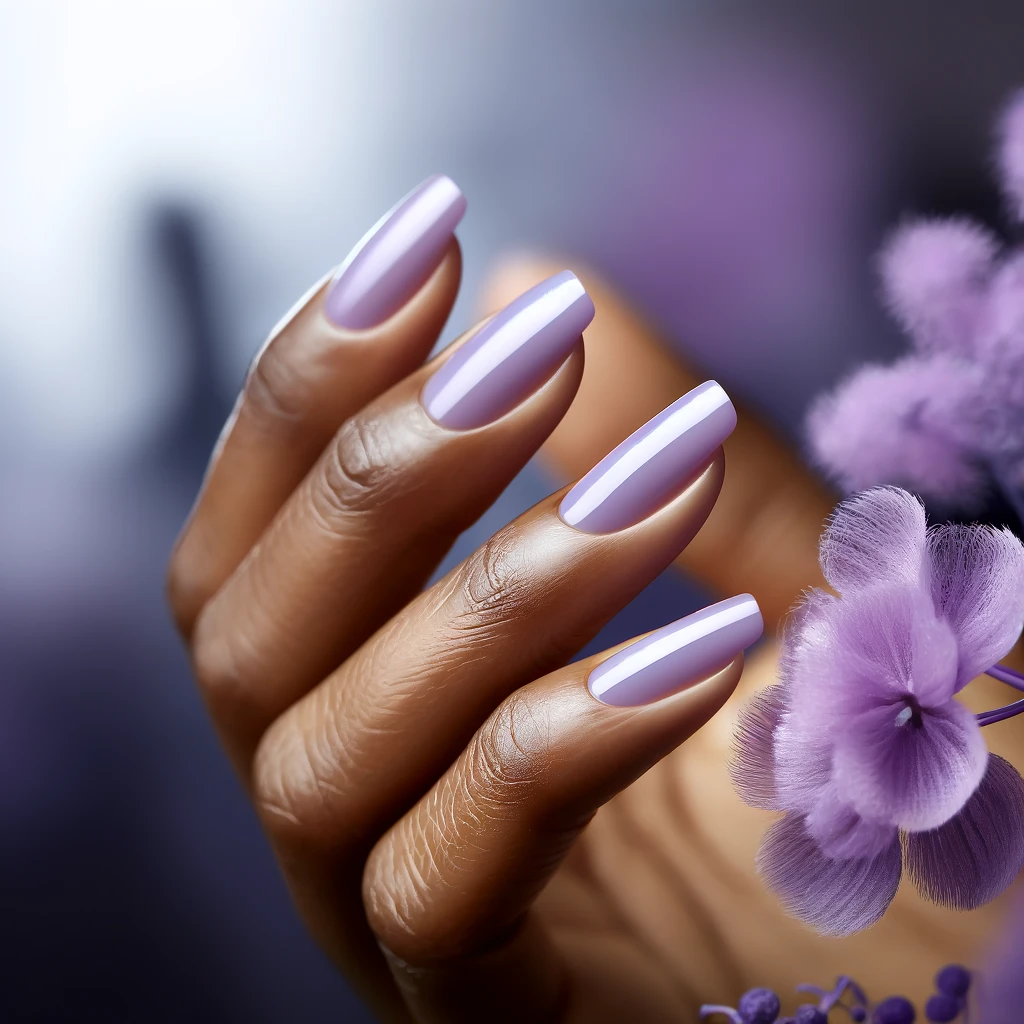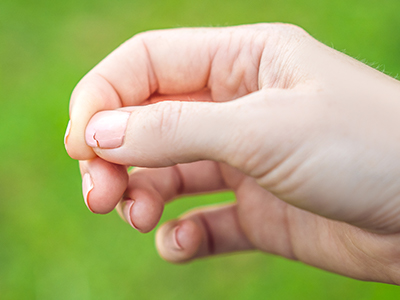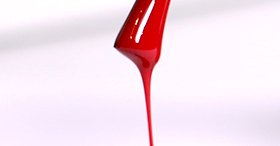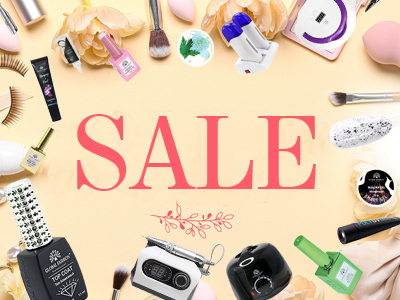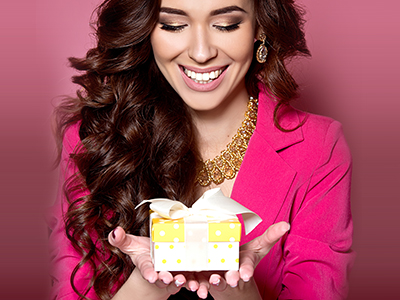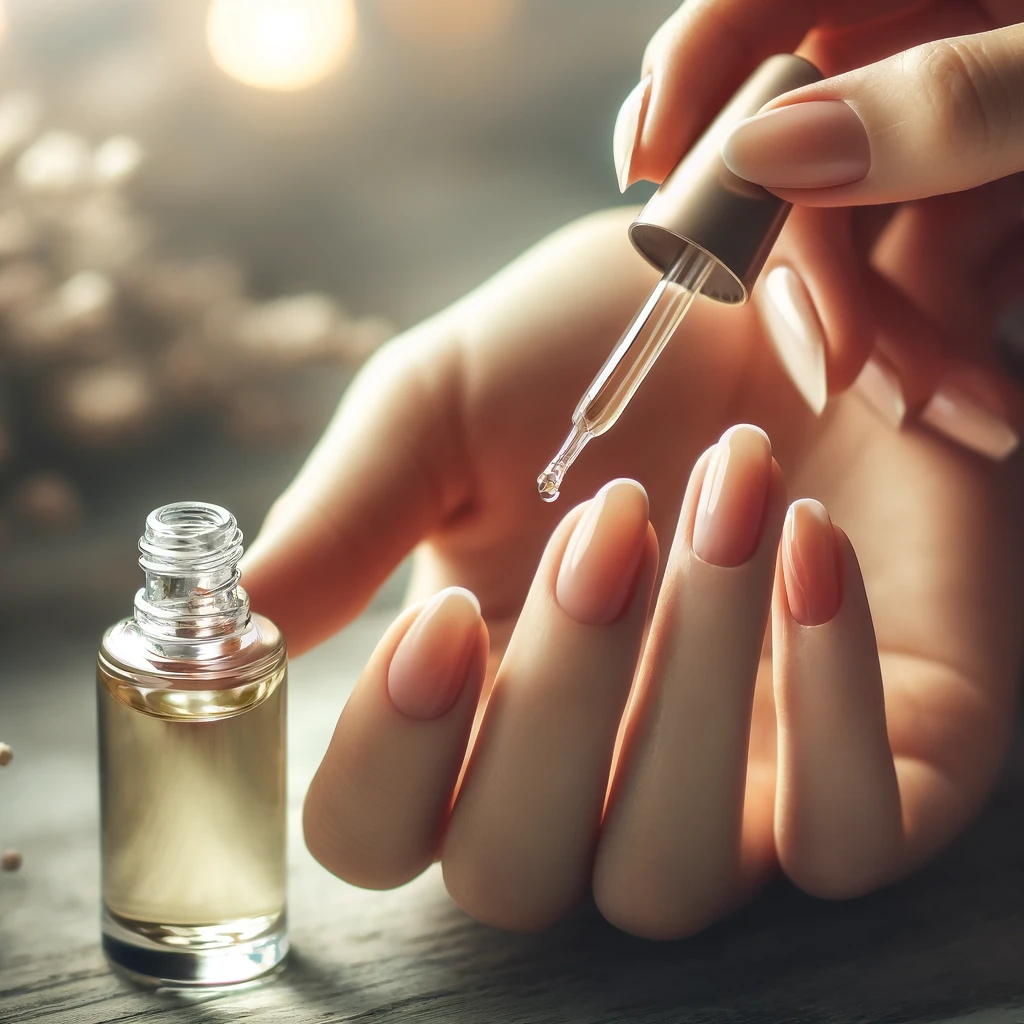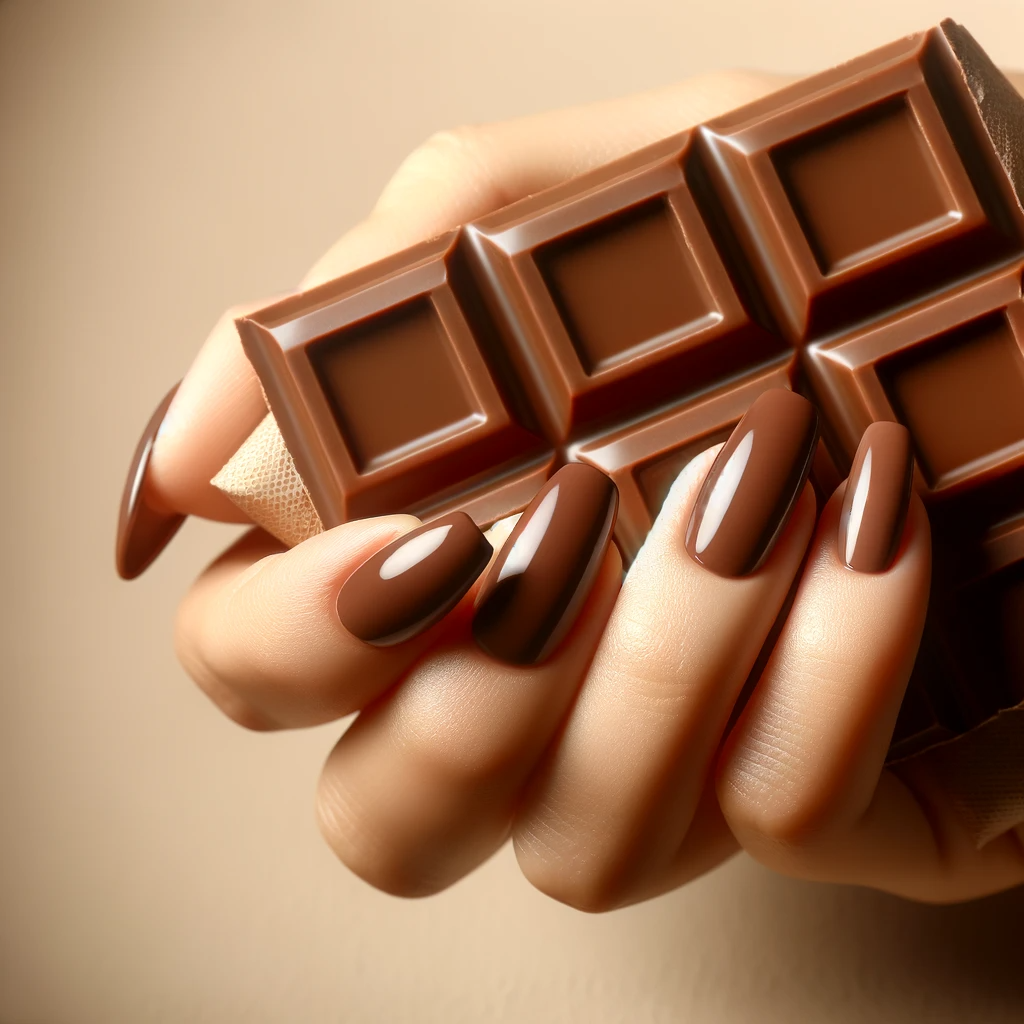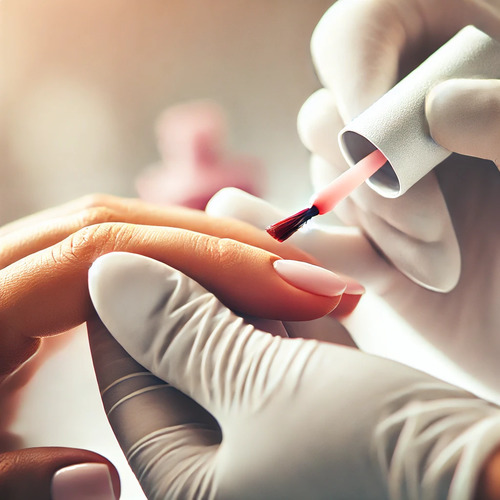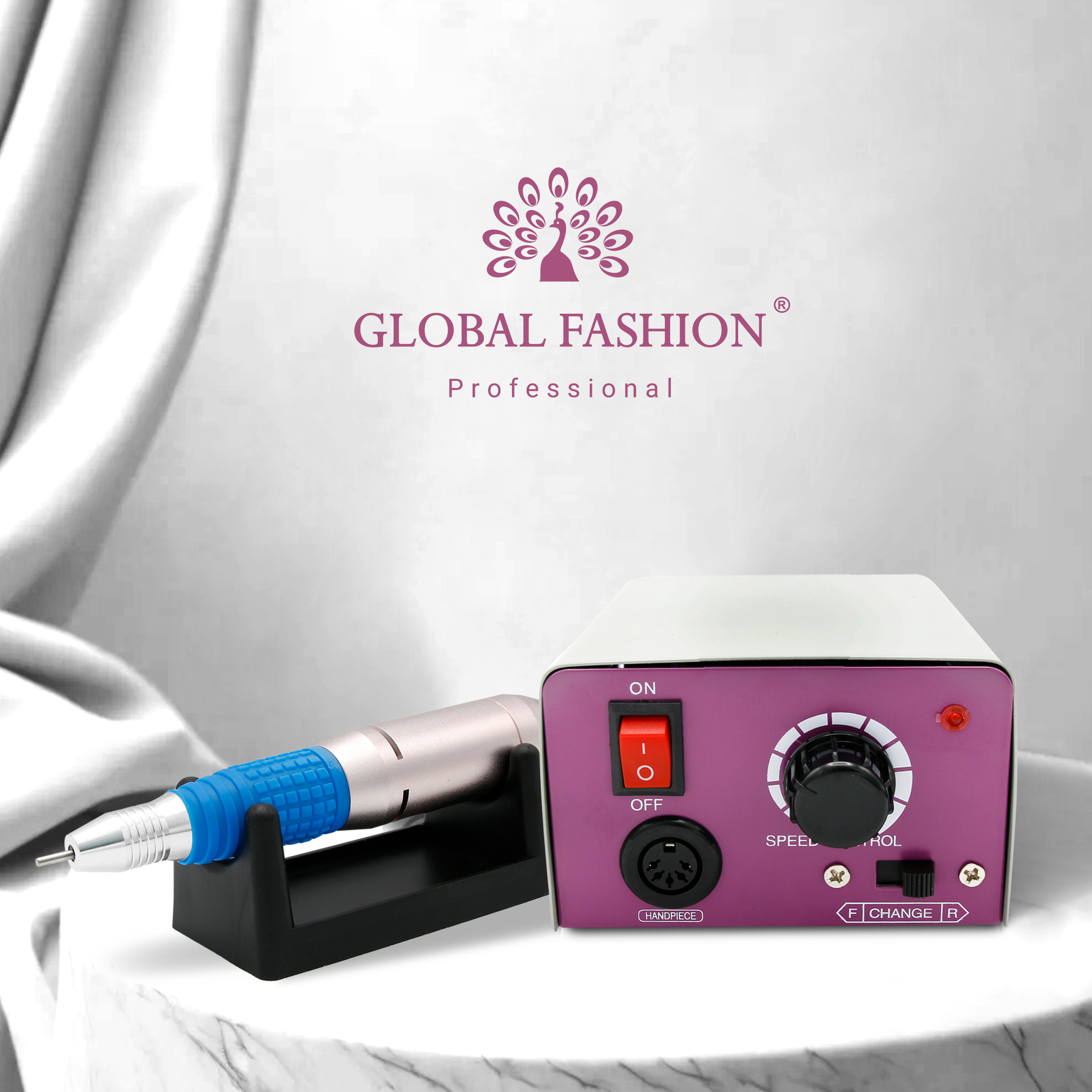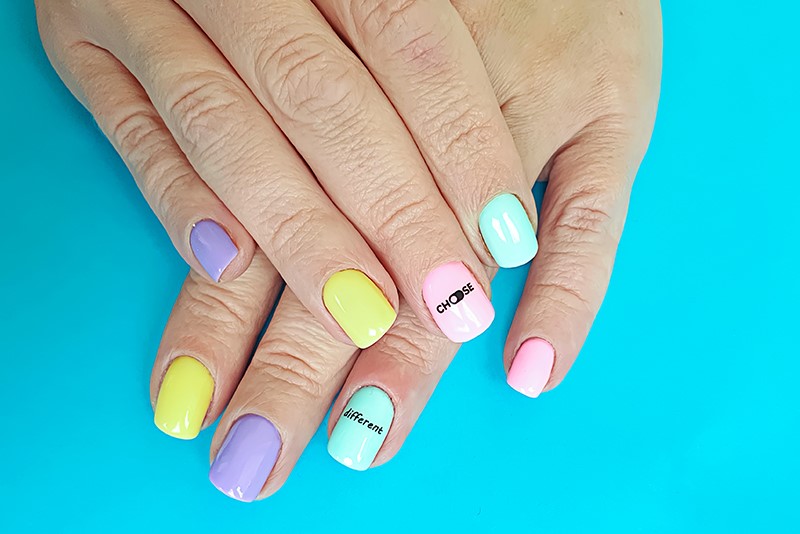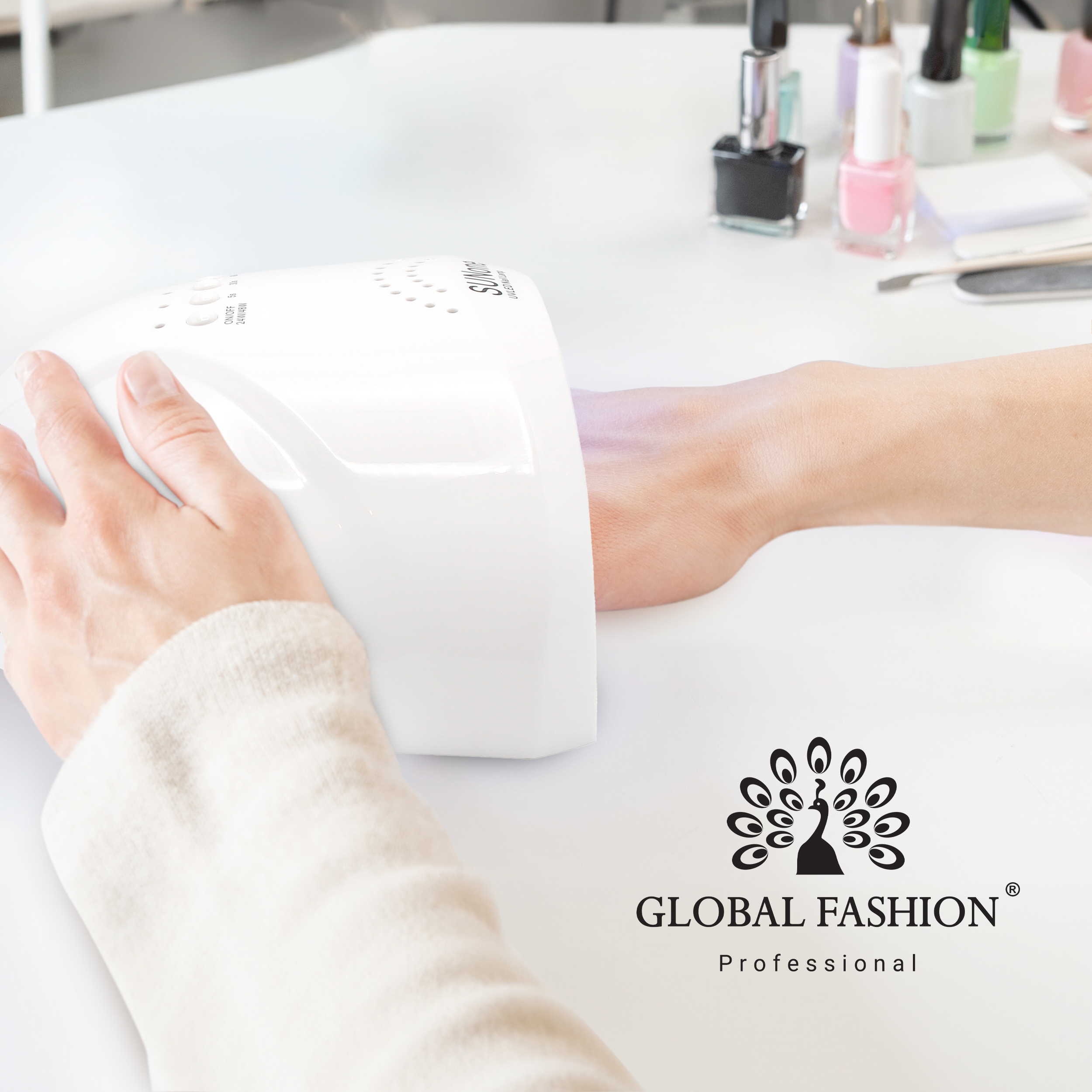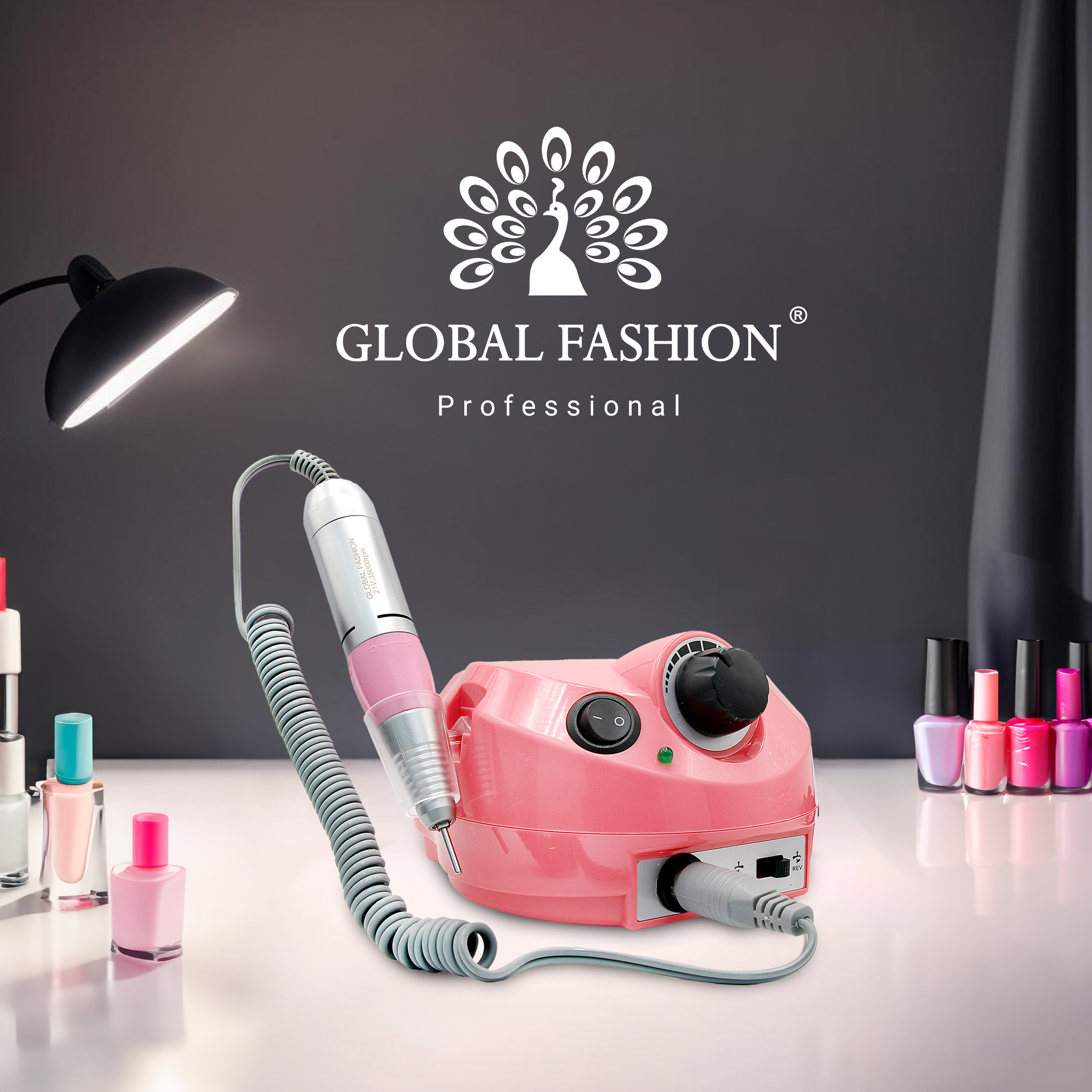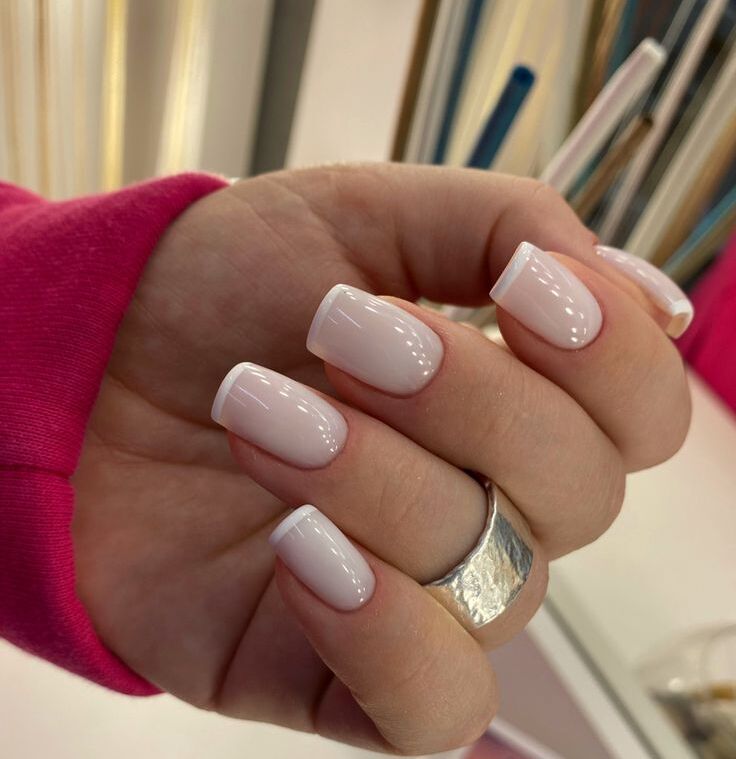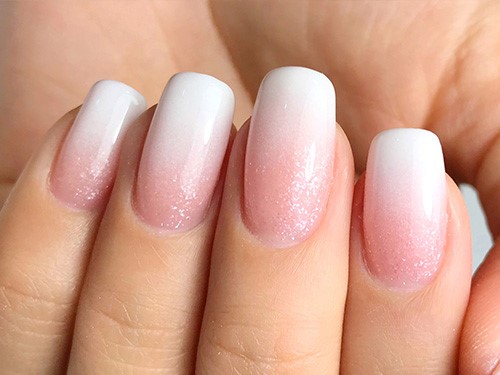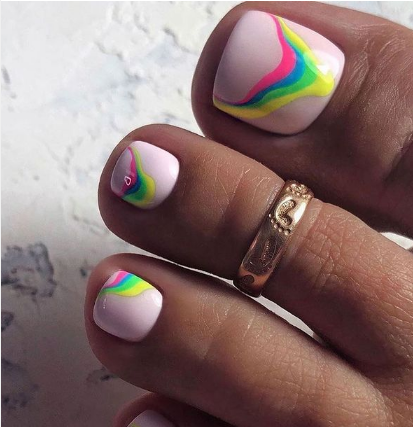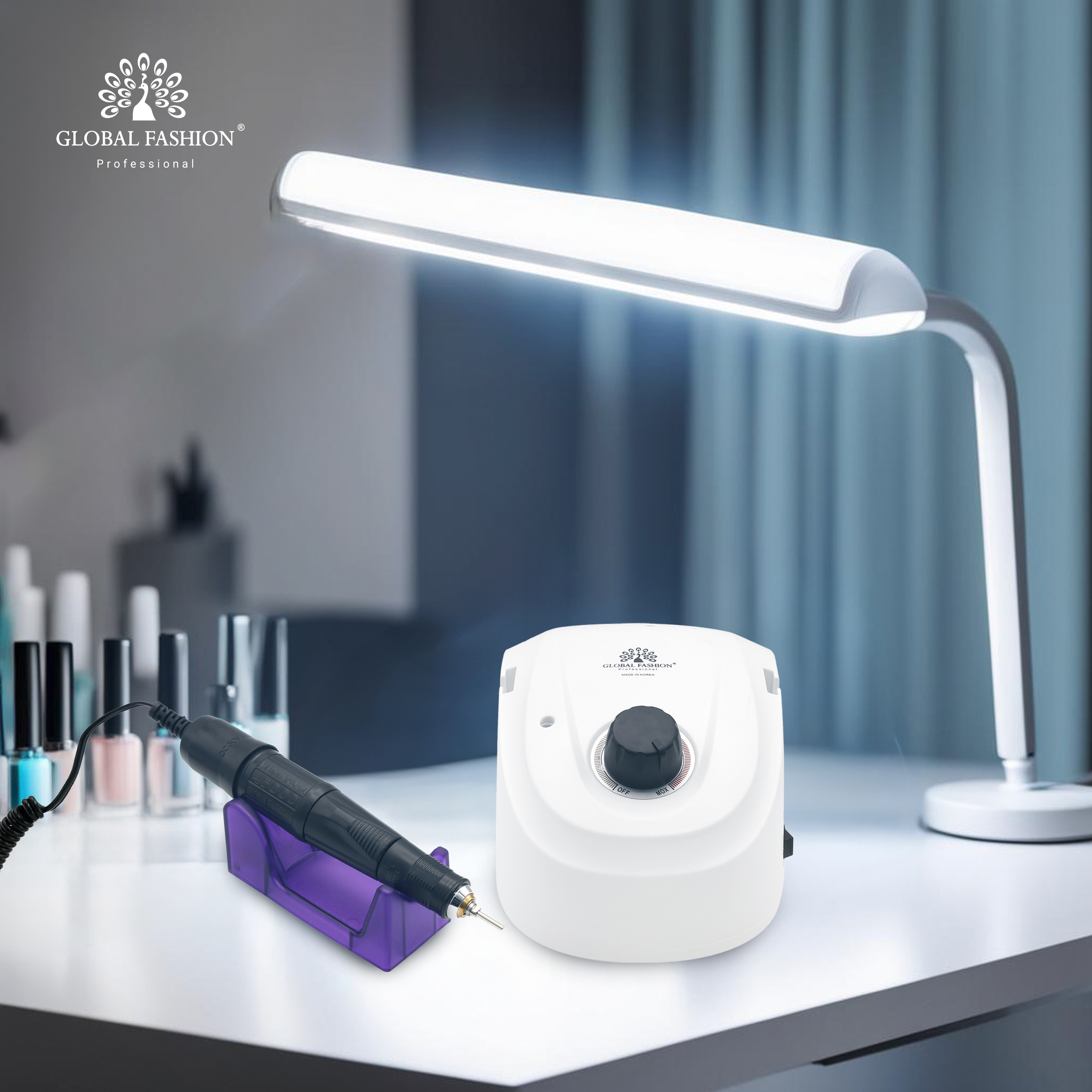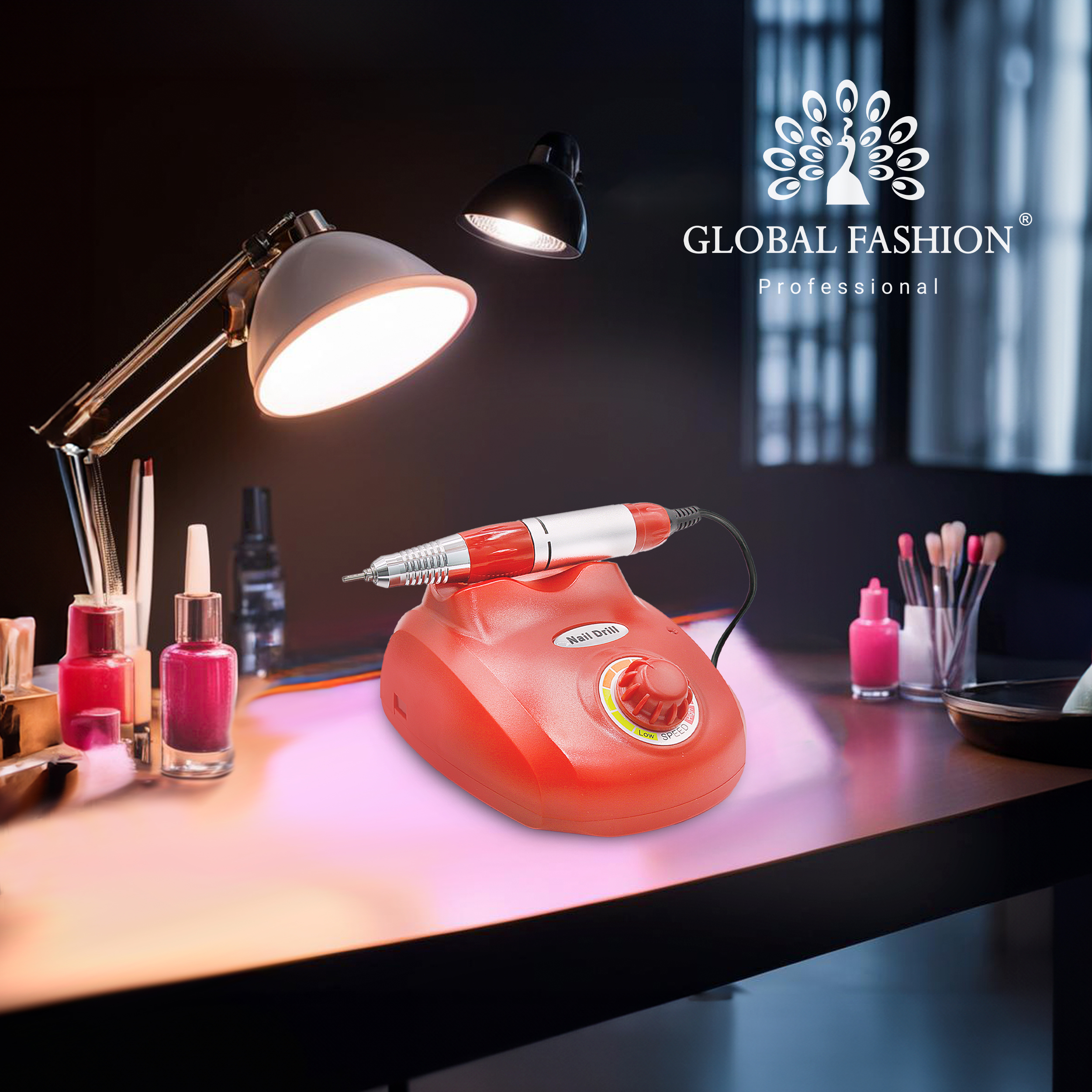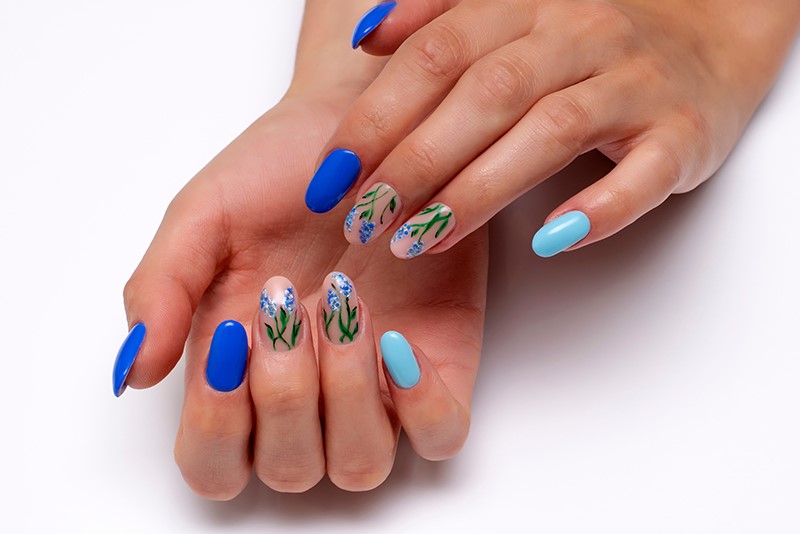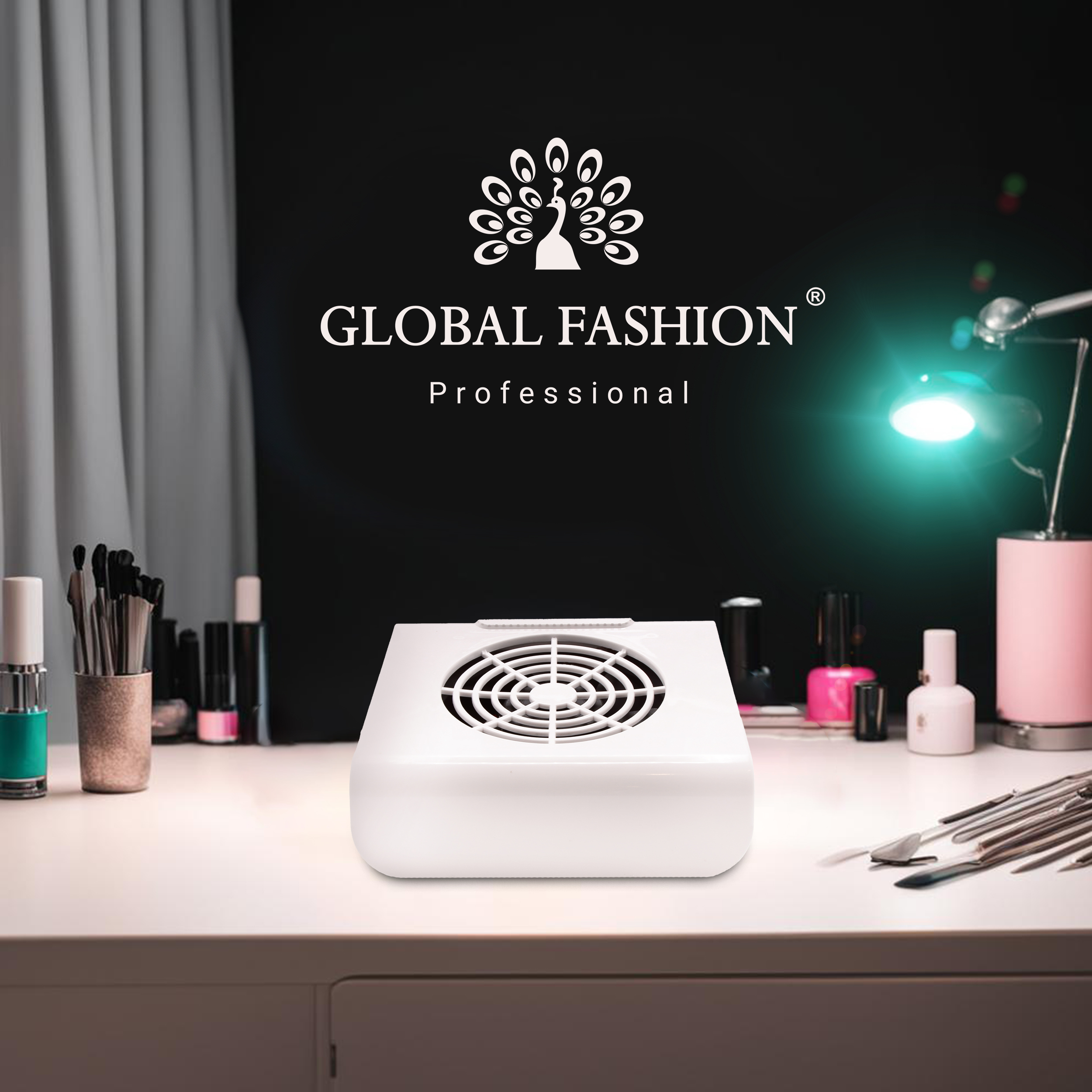Are nail extensions harmful? Find out the truth once and for all!
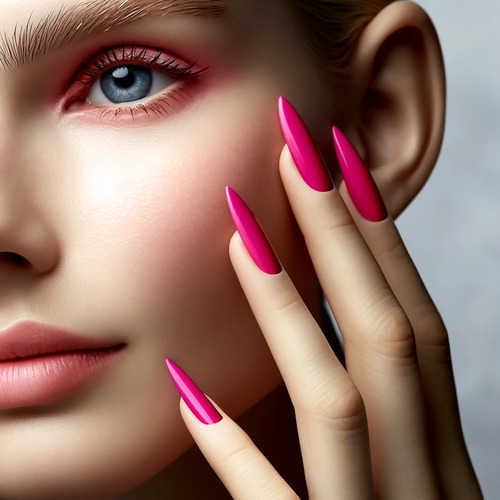
In the last decade, the procedure of nail extensions has become extremely popular. Today, every second girl turns to a manicurist at least once a month to put her nails in order and implement a new design. But should we think about the possible harmful effects of this procedure? We recommend that you continue reading the article to find out the truth once and for all.
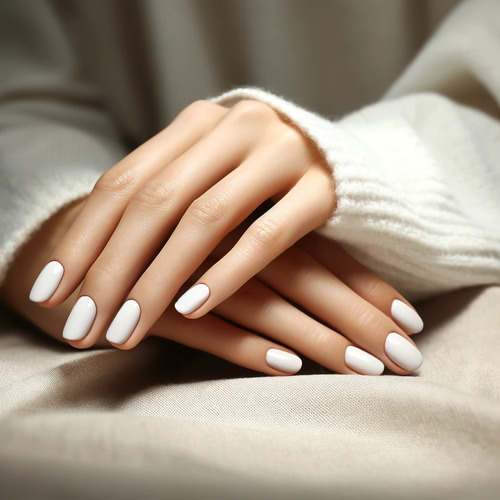
.

Harm from removing nails after extensions
Materials for build-up can be soluble (removed by soaking in a special liquid), and insoluble (removed by spiling).
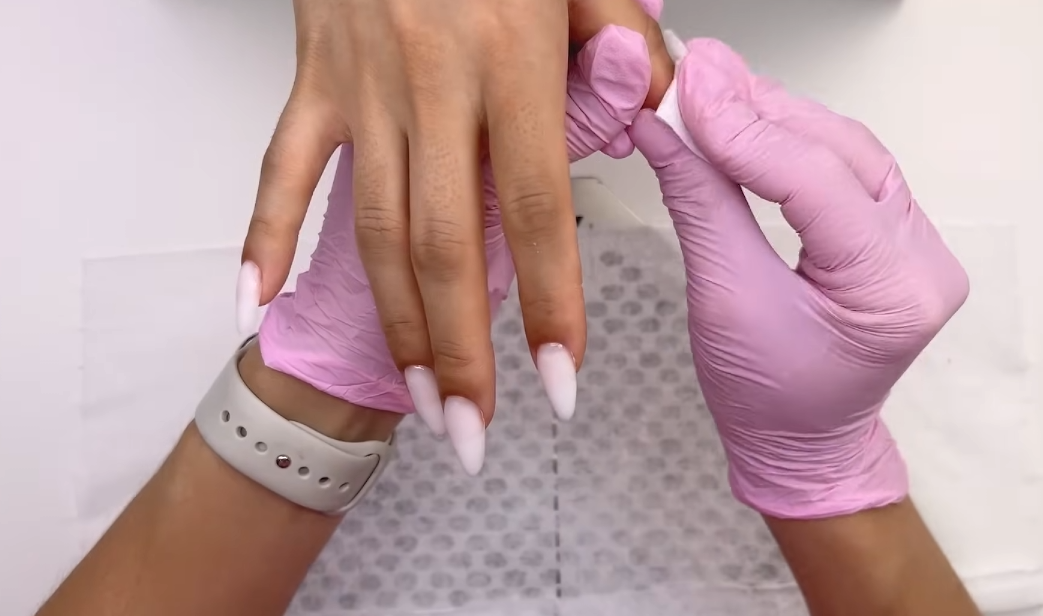
If you cut off the artificial material completely with a cutter or rough saws - you can easily remove part of the natural nail.

To avoid damage to the nail plate, remove half the thickness of the coating with a file with an abrasiveness of 180 grit or more. It is better to gradually build up the remaining material and file off the end as it grows until the nail plate is completely renewed. Taking into account that regrowth will take at least 4 months, for this time it is better to cover the nails with gel-lacquer, which will make them denser. It can be removed easily by dissolving it, without causing damage to the nails. And in this case, if there is harm from nail extensions - it is the result of insufficient qualification of the master.
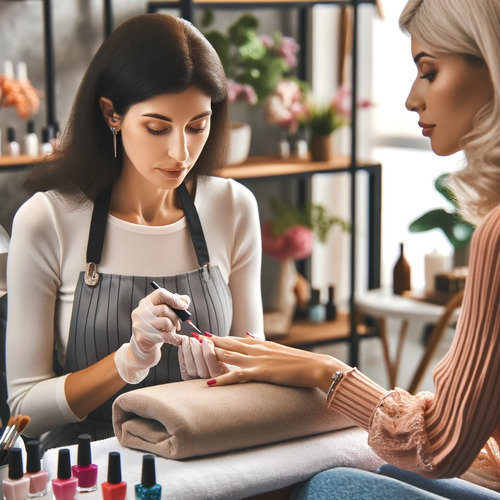
Is it harmful to monthly nail extensions?
When properly removing artificial gel nails, only 2 - 3 layers of keratin plates are removed. But, given that the complete renewal of the nail plate lasts from 4 to 6 months, it is not recommended every 3 - 4 weeks to completely peel off the material and model new nails. This will in any case lead to a gradual reduction in the natural thickness of natural nails. Instead of complete filing, you can make a French correction with a change of design. Another option - do not remove the artificial material completely before the new build-up, leaving 1 mm of the old, without affecting the natural nail. Thus, a competent master does not harm the nails during the build-up.
Harm from nail extensions due to incorrect modelling geometry
If the rules of nail modelling are not followed, not only the artificial coating can break, but also the natural nail plate. During the build-up it is necessary to necessarily take into account the apex zones, the correctness of C-curves, smooth transverse arches, stress zones, parallelism of lines. Each form of nails has its own features of modelling, which masters of nail service need to take into account in the work. An important point - compliance with the timing of correction of artificial nails, as during the regrowth of nails shift zones that are responsible for the strength and appearance of the coating.
During the splicing of artificial material can damage the natural nail because of the displacement of the gravity zone - when you hit it, it can easily crack together with the artificial nail just above the middle of the nail. To maintain the ideal condition and appearance of the nails, you should keep the interval between corrections no more than 3 - 4 weeks. And here the harm from nail extensions can be obtained through the fault of the master who does not observe the laws of geometry and the terms of correction.
Be sure to inform clients that any kind of artificial nails they should not remove on their own, as you can damage the natural nail. For this purpose, it is necessary to seek help from specialists who, in addition to removing the build-up, can offer alternative nail care - nail decoration with biogel. This procedure can be as a concluding stage after removal of gel or acrylic, as well as an independent service in the salon, to strengthen the natural nails. After covering with biogel nails have a natural look, smooth and even surface, become stronger and more elastic. On this coating, the varnish lasts up to 10 days.
How to properly apply biogel to strengthen nails ---> read article
What materials are needed for nail extensions
1. Brush (flat or oval). For applying gel.
2. Nail extension moulds (reusable or disposable). Help to build up the same length and shape of the free edge.
(5)
1503 bought
ID: 11773
202 с
3. Plastic tips. They are glued to the nail plate with a special glue.
132 с
86 bought
ID: 12410
112 с
-15%
4. Guillotine. Scissors for tip correction.
6. Lint-free wipes. For removing dispersion film and grease from the nail plate.
7. Nail degreasing liquid (Cleanser or Nail Prep 3 in 1).
8. Chisels (different abrasives). For shaping the free edge and for levelling the surface after gel application.
9. Nail buff for nails. Suitable for removing the glossy layer of the nail and for sanding the modelled nail with gel.
10. Primer (acidic or acid-free). Dries the nail plate and lifts the nail scales.
11. Base. It is applied in a thin layer, rubbing movements for better adhesion of the gel to the natural nail.
12. Nail modelling gel (transparent, camouflage).
(5)
1011 bought
ID: 2003
354 с
13. Nail lamp (UV, CCFL, Led/UV).
14. Gel colour. For creating designs on nails or for applying to the entire nail as a base colour.
15. Gel lacquer. For applying the base colour to the entire nail.
16. Top (with or without adhesive layer). It has a strong gloss and protects the colour coating from scratches and abrasions.
(5)
283 с
6772 bought
ID: 3678
269 с
-5%
---> Buy nail extension materials at affordable prices - open catalogue
Published: 03.05.2024 14:07
Times Read: 1946
6772 bought
ID: 3678
269 с
-5%
3367 bought
ID: 3688
481 с
-5%
3391 bought
ID: 2071
288 с
-5%
2347 bought
ID: 1863
336 с
-5%
1503 bought
ID: 11773
202 с
1770 bought
ID: 12137
182 с
-10%
514 bought
ID: 16061
258 с
-15%
410 bought
ID: 18149
189 с
-15%
255 bought
ID: 15998
189 с
-15%
240 bought
ID: 2190
215 с
-15%
618 bought
ID: 15248
215 с
-15%
159 bought
ID: 12211
258 с
-15%
